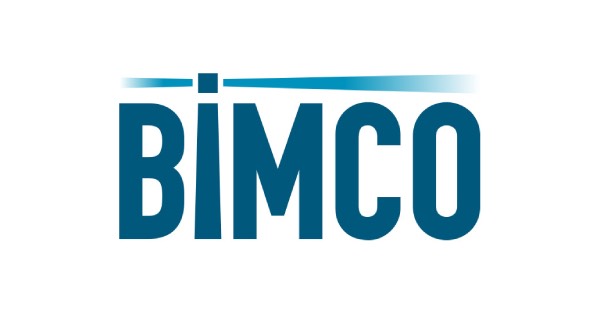BIMCO has joined the Blue Visby Consortium to support research into practical solutions that help reduce the industry’s greenhouse gas (GHG) emissions.
The Blue Visby Consortium works to reduce greenhouse gas emissions from ships by about 15% through a multilateral platform named the Blue Visby Solution which optimizes ships’ arrival times at their destinations by eradicating the practice of “Sail Fast then Wait”.
The solution applies an algorithm to arrival times of groups of ships heading for the same destination, to give an optimal target arrival time for each ship while maintaining the scheduled arrival order. This is done by analysing a number of parameters, including the performance of each ship together with conditions such as weather and congestion at the destination.
“BIMCO supports and encourages practical and sustainable solutions to help reduce GHG emissions across the supply chain through operational measures. Such measures include speed optimisation that supports the use of the “Just-in-time” (JIT) principle to convert waiting time at ports into sailing time. The aims of the Blue Visby Solution match BIMCO’s mission to help facilitate digitalisation and decarbonisation,” says Grant Hunter, Director, Standards, Innovation and Research at BIMCO.
BIMCO set up its own Standards, Innovation and Research Department earlier this year, a team which aims to help facilitate the industry’s digital journey. In addition to encouraging concepts such as JIT, BIMCO also works towards wider acceptance and use of electronic bills of lading and published the Electronic Bill of Lading Standard for Bulk Shipping in July 2022.
The Blue Visby Consortium continues to grow and currently comprises over 15 organisations from industry, government, academia, NGOs, and NPOs.
Source: BIMCO









































